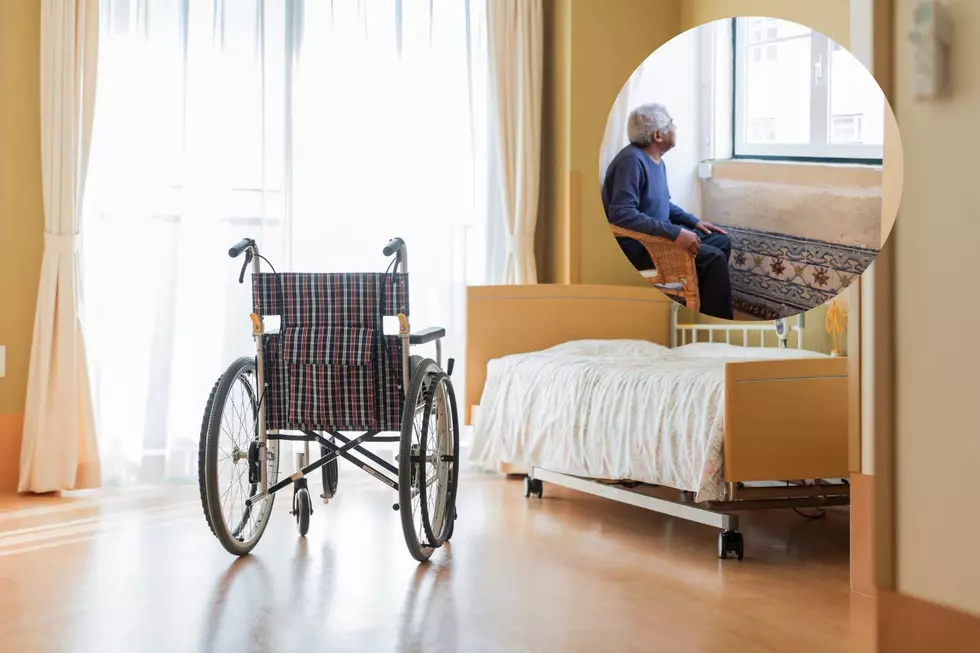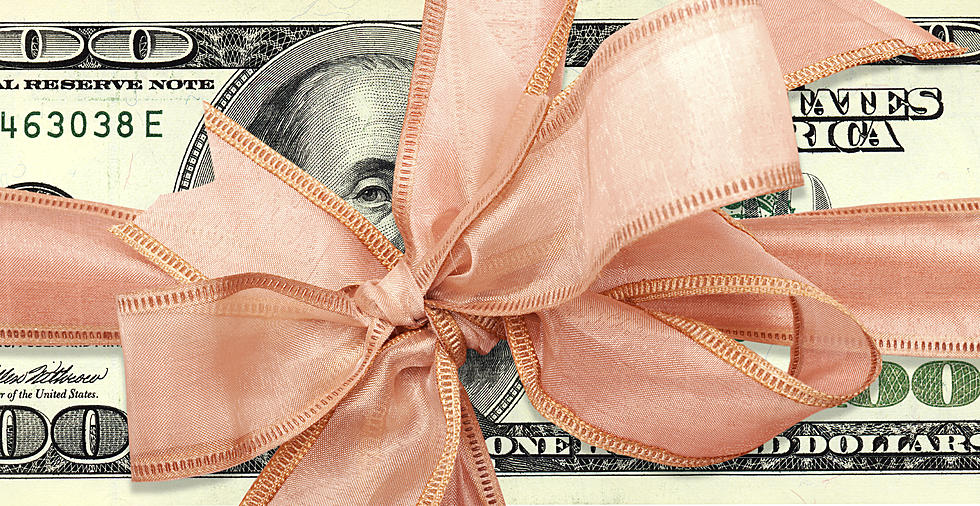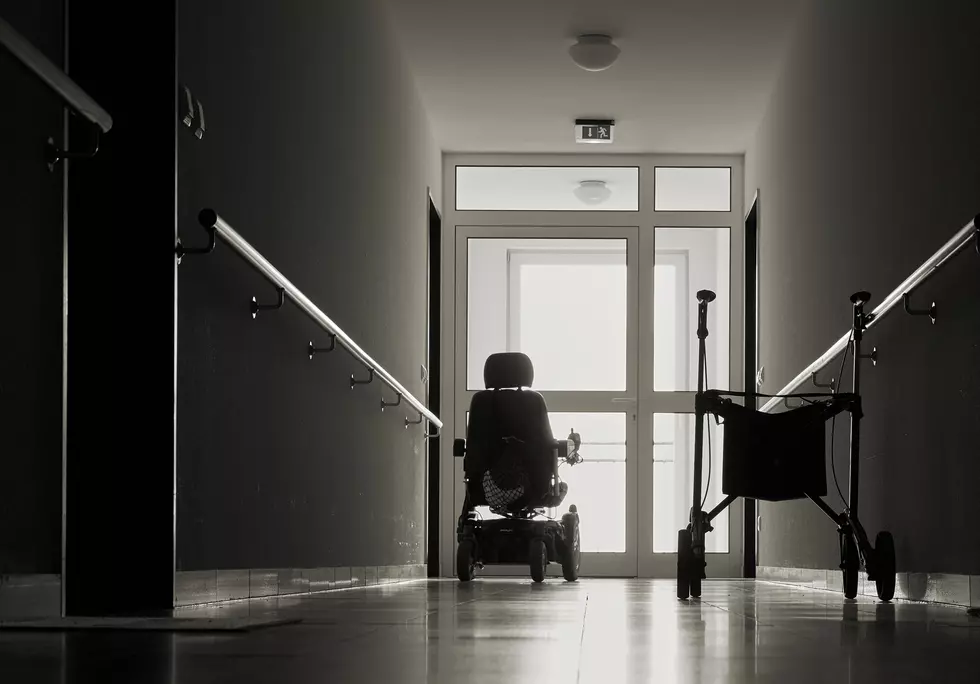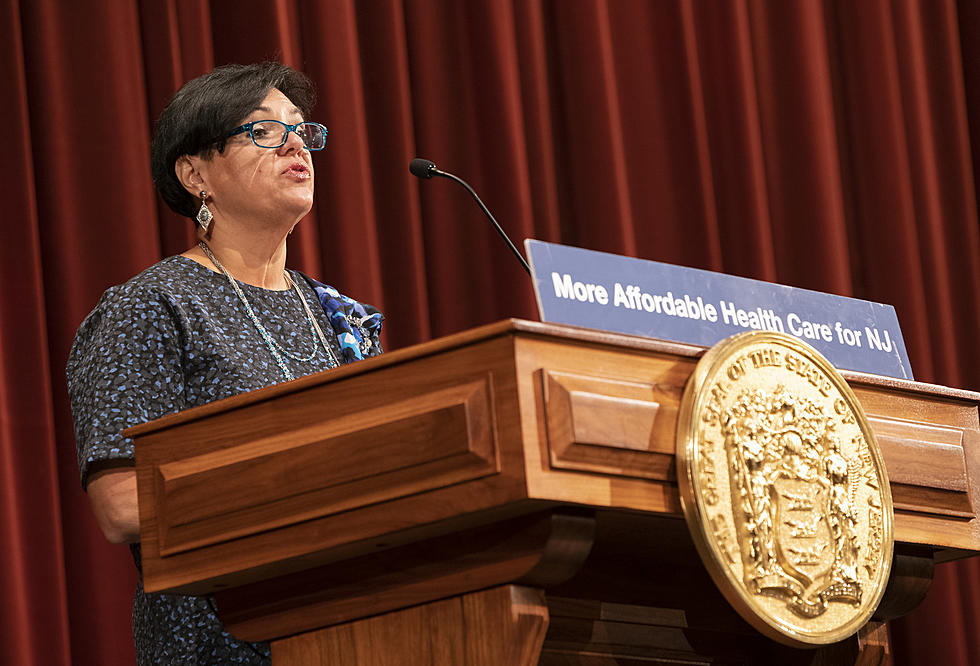
What would a repeal of Obamacare look like in NJ?
A new report estimates that more than 1 million New Jersey residents would lose benefits and $4.2 billion in federal funds would be lost annually in the state if the Affordable Care Act is repealed without a replacement.
That doesn’t appear to be the plan in Washington, where officials are talking in broad strokes about needing a simultaneous replacement, although details are still in flux about what will happen with what’s often referred to as Obamacare.
The worst-case scenario under a standalone repeal, according to a report from New Jersey Policy Perspective, would include 550,000 state residents losing Medicaid coverage, 289,000 losing coverage through marketplace plans and 212,000 seniors and disabled people losing prescription benefits.
The ACA needs to be fixed, not scrapped, said New Jersey Policy Perspective vice president Jon Whiten.
“Instead, Congress and the White House want to toss it out altogether, rolling back health coverage gains for over a million New Jerseyans. This is quite simply unacceptable,” Whiten said. “And the fight to save the Affordable Care Act is the political fight of our generation.”
President Donald Trump said over the weekend that a plan to replace the ACA would be announced “in a couple of weeks.” A plan could be introduced in the House of Representatives next week, though it would take months to pass and even longer to implement.
House Republicans are interested in phasing out the Medicaid expansion some states, including New Jersey, put in place under the ACA, under which 90 percent of costs are currently covered by the federal government. That would revert after a limited period of time to the traditional 50/50 split.
That could mean the state loses $1.5 billion in Medicaid funding, rather than the $3 billion the NJPP report estimates.
“Well, you know, the state can’t afford the $1.5 (billion) either,” said Ray Castro, a senior policy analyst for NJPP. “It might as well be $10 billion dollars.”
“There is no fix that maintains the level of coverage and benefits that we now have here in New Jersey or across the nation under any of these proposals that are currently being floated,” said Maura Collinsgru, health care program director at New Jersey Citizen Action.
“It would be very hard to conceive that the state has the ability to make up for the coverage of those who lost Medicaid coverage,” said Peter Kaprielyan, vice president for government and external relations for the Inspira Health Network in South Jersey.
The NJPP report even estimates that 777 people would die due to lost health insurance. It also includes county-level estimates about the projected impact.
The lost revenues to the state and individuals through subsidies would lead to a loss of around 86,000 jobs, the report estimates. The largest number are in health care, though more than half of the lost jobs are in other industries that benefit from the ripple effect,” Castro said.
“Health care is one of the biggest employers in the state. That’s really what has kept the state afloat during the recession. It was one of the few areas that was expanding,” Castro said.
Between January 2010, the month Gov. Chris Christie took office near the peak of the recession, and December 2016, New Jersey’s economy added 254,800 private-sector jobs. Around 50,000 have been in the health care and social assistance sector.
“It’s about 18 percent of our state’s entire economy, so it’s going to be a very big hit for us,” Castro said.
New Jersey: Decoded cuts through the cruft and gets to what matters in New Jersey news and politics. Follow on Facebook and Twitter.
Michael Symons is State House bureau chief for New Jersey 101.5 and the editor of New Jersey: Decoded. Follow @NJDecoded on Twitter and Facebook. Contact him at michael.symons@townsquaremedia.com
More From New Jersey 101.5 FM









